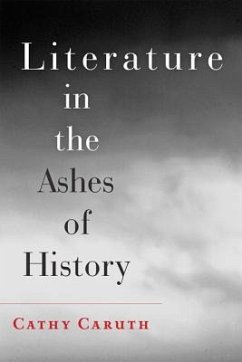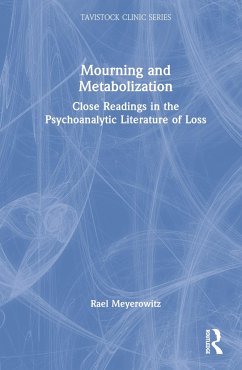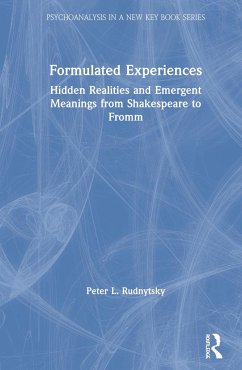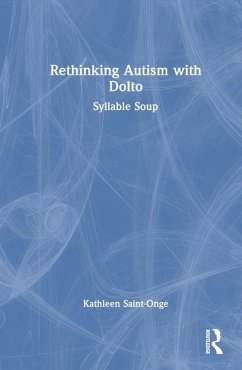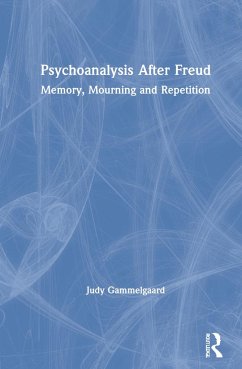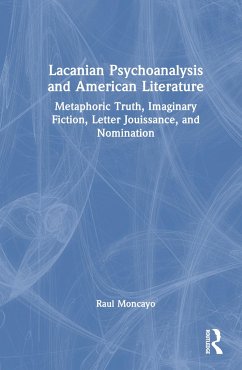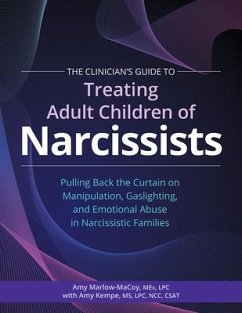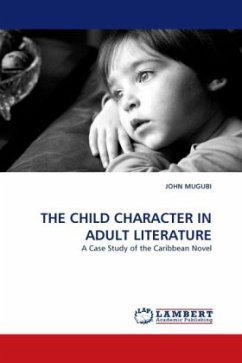
THE CHILD CHARACTER IN ADULT LITERATURE
A Case Study of the Caribbean Novel
Versandkostenfrei!
Versandfertig in 6-10 Tagen
52,99 €
inkl. MwSt.

PAYBACK Punkte
26 °P sammeln!
THE CHILD CHARACTER IN ADULT LITERATURE presents a unique and comprehensive application of an amalgam of the sociological literary and three psychological approaches to six carefully selected Caribbean novels. The six novels included represent the West Indian diversity: authors from different races, genders, classes and cultures, offering scholars a broad view of how Caribbean fiction reflects the complexities of the human situation in the geographical location that goes by the appellation "The West Indies". The elements of the Sociological approach, Jean Piaget's Cognitive theory, Erik Erikso...
THE CHILD CHARACTER IN ADULT LITERATURE presents a unique and comprehensive application of an amalgam of the sociological literary and three psychological approaches to six carefully selected Caribbean novels. The six novels included represent the West Indian diversity: authors from different races, genders, classes and cultures, offering scholars a broad view of how Caribbean fiction reflects the complexities of the human situation in the geographical location that goes by the appellation "The West Indies". The elements of the Sociological approach, Jean Piaget's Cognitive theory, Erik Erikson's Affective premises and Robert Sears' Behavioural hypotheses have been integrated in the interpretation of the readings of the Psychosocial signification of the child character within the Caribbean experience. This study examines the child character in post- emancipation and colonial West-Indian fiction in order to determine his position in that society and his role as a literary tool forinquiring into not only the plight of the child but also the racial and class disparities and struggles in the Caribbean during the enfranchisement (post-slavery) and colonial periods.




